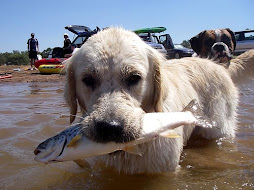
Napoleon Bonaparte was born on 15 August 1769 in Corsica into a gentry family. Educated at military school, he was rapidly promoted and in 1796, was made commander of the French army in Italy, where he forced Austria and its allies to make peace. In 1798, Napoleon conquered Ottoman-ruled Egypt in an attempt to strike at British trade routes with India. He was stranded when his fleet was destroyed by the British at the Battle of the Nile.
France now faced a new coalition - Austria and Russia had allied with Britain. Napoleon returned to Paris where the government was in crisis. In a coup d'etat in November 1799, Napoleon became first consul. In 1802, he was made consul for life and two years later, emperor. He oversaw the centralisation of government, the creation of the Bank of France, the reinstatement of Roman Catholicism as the state religion and law reform with the Code Napoleon.
In 1800, he defeated the Austrians at Marengo. He then negotiated a general European peace which established French power on the continent. In 1803 Britain resumed war with France, later joined by Russia and Austria. Britain inflicted a naval defeat on the French at Trafalgar (1805) so Napoleon abandoned plans to invade England and turned on the Austro-Russian forces, defeating them at Austerlitz later the same year. He gained much new territory, including annexation of Prussian lands which ostensibly gave him control of Europe. The Holy Roman Empire was dissolved, Holland and Westphalia created, and over the next 5 years, Napoleon's relatives and loyalists were installed as leaders (in Holland, Westphalia, Italy, Naples, Spain and Sweden).
In 1810, he had his childless marriage to Josephine de Beauharnais annulled and married the daughter of the Austrian emperor in the hope of having an heir. A son, Napoleon, was born a year later.
The Peninsular War began in 1808. Costly French defeats over the next five years drained French military resources. Napoleon's invasion of Russia in 1812 resulted in a disastrous retreat. The tide started to turn in favour of the allies and in March 1814, Paris fell. Napoleon went into exile on the Mediterranean island of Elba. In March 1815 he escaped and marched on the French capital. The Battle of Waterloo ended his brief reign. The British imprisoned him on the remote Atlantic island of St. Helena where he died on 5 May 1821.
florencia padilla y camila droz/bria- Social studies











